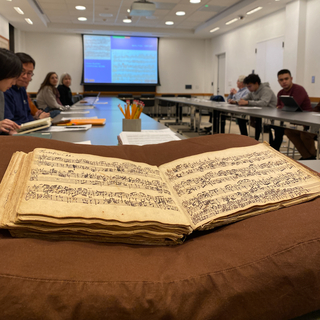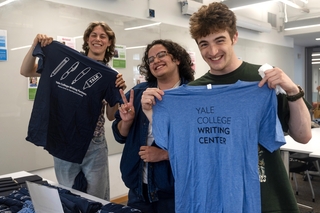Assessing the Reliability of Sources of Opinion
Depending on the research context, you may have sources that are not as reliable as scholarly sources but that still add texture or authority to your argument. In the humanities, for instance, critics’ opinions often demonstrate bias (even celebrate it). But because of their authors’ professional experience, such opinions can be used as ideas to extend your own analysis—or to serve as counter-arguments that clarify your own claims. When critics highlight the same element of the text that you focus on, for instance (the ending of a play, the entrance to a building, the color scheme in a movie), their attention can serve as evidence that the component is significant, even as you use your paper to argue for a different interpretation. See Why Cite? for more discussion of counter-argument. Some magazines—like Discover—are more authoritative than a general news magazine but less authoritative than a scholarly journal. In the sciences, studies done by interested parties would normally not be accepted uncritically (such as pollution studies commissioned by chemical companies). But they may still identify key elements of the topic that require attention.
Finally, almost any source can be used as evidence that someone believes the idea you quote. Although that may seem self-evident, such evidence can be surprisingly helpful when developing an argument, especially for articulating the research problem of your essay. If the Harvard Crimson publishes a negative article about Yale’s football team, you probably can’t trust that it’s an unbiased assessment. But such an article can still be cited as evidence that “some people have negative opinions about Yale football.” It can also be cited as evidence that “Football matters enough at some Ivy schools to merit coverage in the campus newspaper.” If you compare it to other articles in the issue that describe cross-campus cooperation, then the football article might be used to suggest “Feelings are divided at Harvard about its rivalry with Yale.” In the sciences and social sciences, you might discuss popular, non-expert representations of a key issue, explaining where they go astray—and therefore why your paper is necessary.






